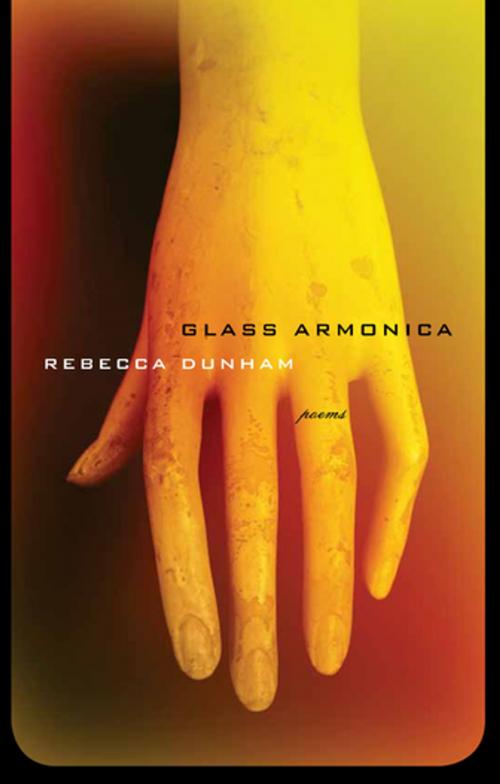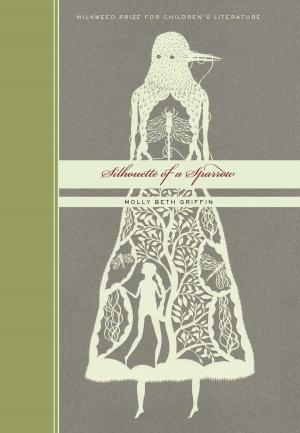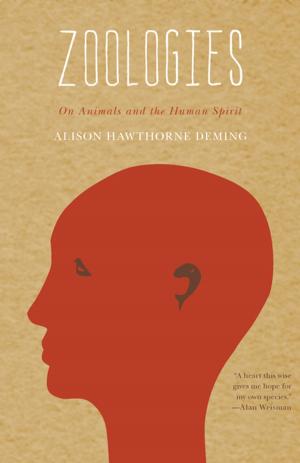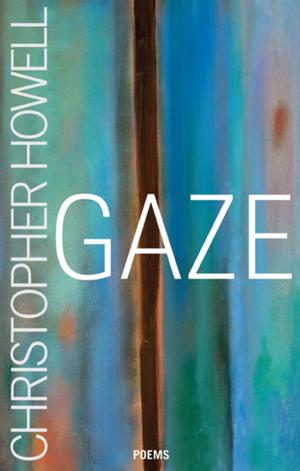| Author: | Rebecca Dunham | ISBN: | 9781571319135 |
| Publisher: | Milkweed Editions | Publication: | November 18, 2013 |
| Imprint: | Milkweed Editions | Language: | English |
| Author: | Rebecca Dunham |
| ISBN: | 9781571319135 |
| Publisher: | Milkweed Editions |
| Publication: | November 18, 2013 |
| Imprint: | Milkweed Editions |
| Language: | English |
The eighteenth-century glass armonica, a musical instrument whose sound emits from rotating water-filled vessels, has long held the power to mesmerize with its hauntingly sorrowful tones. Just as its song-which was once thought to induce insanity-wraps itself in and around the mind, Rebecca Dunham probes the depths of human psyche, inhabiting the voices of historical female hysterics” and inciting in readers a tranquil unease. These are poems spoken through and for the melancholic, the hysteric, the body dysmorphic-from Mary Glover to Lavinia Dickinson to Freud’s famed patient Dora. And like expert hands placed gently on the armonica’s rotating disks, Dunham offers unsettling depictions of uninvited human contact-of hands laid upon the female body, of touch at times unwanted, and ultimately unspeakable from behind the hysteric’s locked jaws.” Winner of the 2013 Lindquist & Vennum Prize for Poetry, Dunham’s stunning third collection is lush yet septic” (G.C. Waldrep), at once beautiful and unnerving.
The eighteenth-century glass armonica, a musical instrument whose sound emits from rotating water-filled vessels, has long held the power to mesmerize with its hauntingly sorrowful tones. Just as its song-which was once thought to induce insanity-wraps itself in and around the mind, Rebecca Dunham probes the depths of human psyche, inhabiting the voices of historical female hysterics” and inciting in readers a tranquil unease. These are poems spoken through and for the melancholic, the hysteric, the body dysmorphic-from Mary Glover to Lavinia Dickinson to Freud’s famed patient Dora. And like expert hands placed gently on the armonica’s rotating disks, Dunham offers unsettling depictions of uninvited human contact-of hands laid upon the female body, of touch at times unwanted, and ultimately unspeakable from behind the hysteric’s locked jaws.” Winner of the 2013 Lindquist & Vennum Prize for Poetry, Dunham’s stunning third collection is lush yet septic” (G.C. Waldrep), at once beautiful and unnerving.















